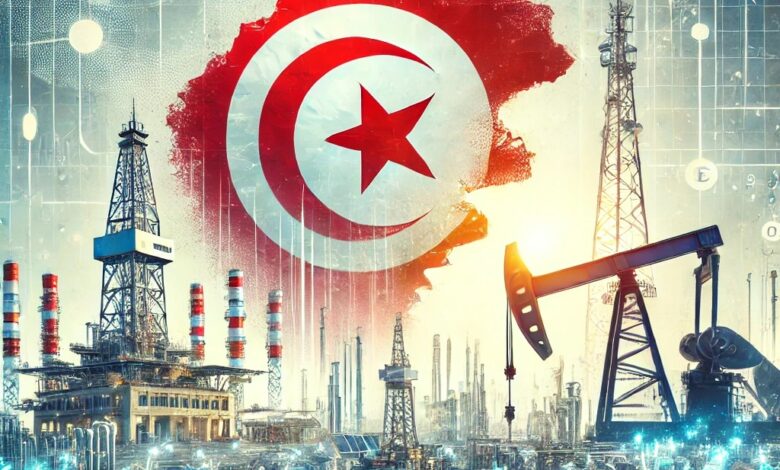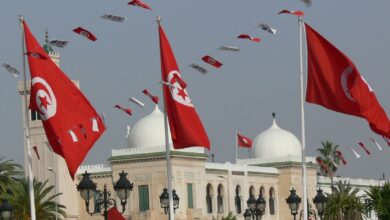Medmarkets: Tunisia Embarks on energy diversification projects and Enters Top 5 Oil Transactions for the First Time
Tunisia Enters Top 5 Oil Transactions for the First Time

In January 2025, Tunisia figured, for the first time, in the top five oil transactions alongside major oil-producing Arab nations, according to a monthly report published by a Washington-based energy platform and cited by local digital media, Webdo. Tunisia securing a spot in the top five comes as a surprise, for small as it is, Tunisia has grappled for decades since independence with limited energy sources.
India topped the list due to its significant crude oil purchases from various African and Middle Eastern countries. The Indian oil transactions have grown significantly since the outbreak of the Russia-Ukraine 3 years ago. Saudi Arabia and Iraq—both among the world’s largest oil producers— have secured spots in the ranking at no surprise.
The nations featured in this ranking—Saudi Arabia, Iraq, Tunisia, and India—have all signed significant agreements for the sale, purchase, or development of oil resources, with India, in particular, striving to diversify its supply sources.
Tunisia’s inclusion in this exclusive list comes after an agreement was signed on January 17, 2025, with Italian oil company ENI and the Italo-Tunisian Petroleum Operating Company (Sitep) to fund the drilling of an oil production well and a development well in the El Borma field in 2025, according to local digital media Managers.
The agreement was signed by Tunisia’s Minister of Industry, Mines, and Energy, Fatma Thabet Chiboub, ENI Tunisia’s CEO, Alberto Maliardi, and Sitep’s General Director, Hazem Yahyaoui. During the signing ceremony, Chiboub highlighted that this initiative is part of an “ambitious” program aiming to drill nine wells between 2025 and 2030. The program also seeks to enhance oil and gas production by extracting additional quantities.
A joint technical committee—comprising representatives from the Ministry of Finance, the Directorate General of Hydrocarbons, and Sitep—had approved the 2025 development plan on October 25, 2024. The estimated cost of the project is $19 million (approximately 62 million Tunisian dinars).
Africa has been at the center of key oil transactions recorded last month, highlighting the continent’s growing role in the global energy market. Tunisia in particular has embarked on projects aimed at diversifying its energy sources. Within this context, it has signed in July 2024 a number memorandums of understanding with foreign companies for the production of green hydrogen.
Among these foreign partners, Tunisia’s Ministry of Industry, Mines and Energy has signed a Memorandum of Understanding (MoU) with the French hydrogen developer HDF Energy to develop a first large-scale green hydrogen project in order to respond to domestic and EU needs.
These agreements are within the framework of “SouthH2 Corridor,” a hydrogen pipeline project that aims to transport renewable hydrogen from North Africa to Europe, involving multiple countries, including Tunisia, Italy, Germany, Austria, and Algeria.




